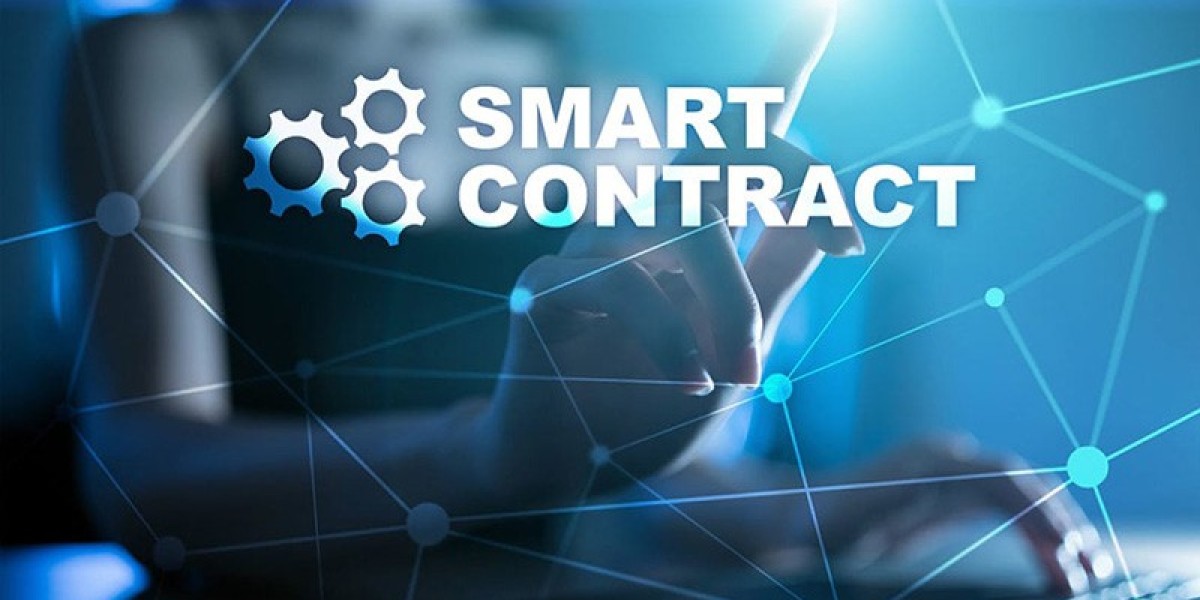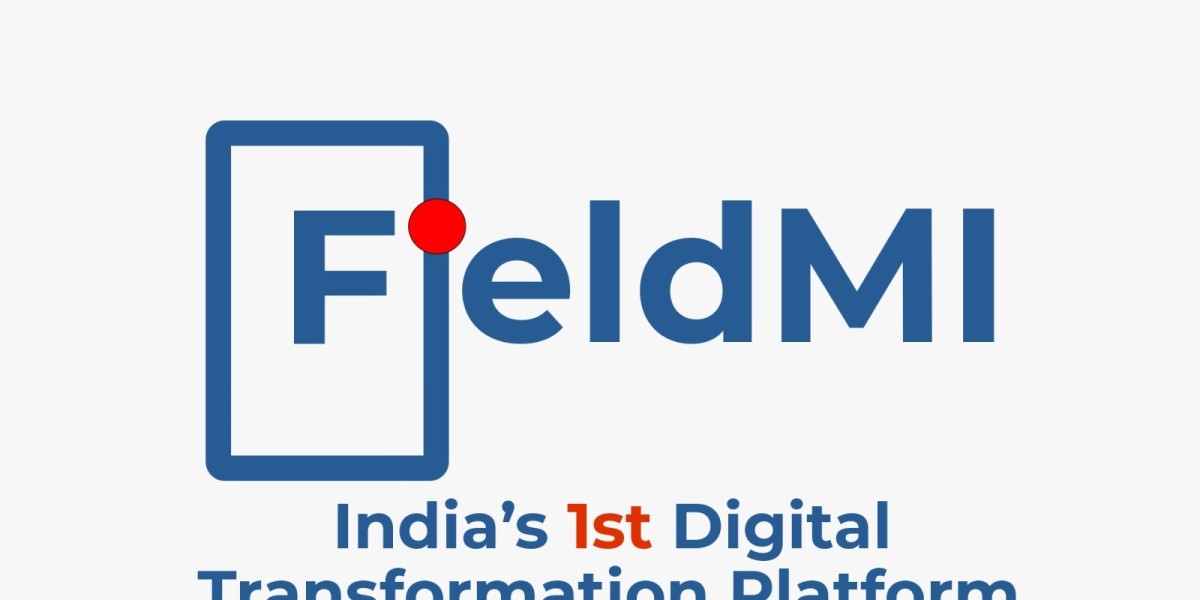In the rapidly evolving world of technology, smart contracts have emerged as a revolutionary concept that is transforming various industries. These self-executing contracts are built on blockchain technology, enabling automated and secure transactions without the need for intermediaries. While the potential applications of smart contracts are vast, one area that holds great promise is digital identity. In this article, we will delve into the future of smart contracts and their role in shaping the landscape of digital identity.
Understanding Digital Identity
Digital identity refers to the online representation of an individual or organization. It encompasses the personal information, credentials, and attributes that uniquely identify a person or entity in the digital realm. With the increasing reliance on digital platforms for various activities, including financial transactions, communication, and access to services, the need for robust and secure digital identity solutions has become paramount.
The Challenges of Traditional Identity Systems
Traditional identity systems suffer from several shortcomings that hinder their effectiveness in the digital age. Centralized databases, which store sensitive personal information, are vulnerable to data breaches and identity theft. Moreover, the verification processes employed by these systems are often time-consuming, cumbersome, and prone to errors.
The Role of Smart Contracts in Digital Identity
Smart contracts offer a decentralized and tamper-proof solution to the challenges posed by traditional identity systems. By leveraging the immutability and transparency of blockchain technology, smart contracts can establish a trusted and secure framework for managing digital identities. Here are some key ways in which smart contracts can revolutionize the concept of digital identity:
1. Self-Sovereign Identity
Smart contracts enable the concept of self-sovereign identity, empowering individuals with full control over their personal data. With self-sovereign identity, users can selectively disclose relevant information to different parties, reducing the risks associated with sharing sensitive data. By storing identity attributes on a blockchain, individuals can maintain ownership and manage their digital identities in a secure and privacy-enhancing manner.
2. Streamlined Identity Verification
The traditional process of identity verification often involves manual checks, paperwork, and multiple intermediaries. Smart contracts can automate and streamline this process by integrating identity verification protocols directly into the blockchain. This not only reduces the time and cost involved but also ensures accuracy and reliability in the verification process.
3. Interoperability and Portability
Digital identity systems are fragmented, with various entities maintaining their separate databases. Smart contracts can facilitate interoperability and portability of digital identities by enabling seamless integration between different platforms. This allows users to conveniently access services and interact with multiple organizations using a unified identity, eliminating the need for repetitive registration processes.
4. Enhanced Security and Privacy
Security and privacy are critical aspects of digital identity. Smart contracts, built on blockchain technology, provide a high level of security through cryptographic algorithms and distributed consensus mechanisms. The decentralized nature of blockchain ensures that no single entity has control over the entire identity infrastructure, making it more resilient to hacking attempts and data breaches.
5. Immutable Audit Trail
One of the notable advantages of smart contracts is the ability to create an immutable audit trail of identity-related activities. Every transaction and interaction recorded on the blockchain leaves a trace that can be audited and verified at any time. This transparency and accountability foster trust among users and institutions, promoting a more reliable and accountable digital ecosystem.
Real-World Applications
The potential applications of smart contracts in the realm of digital identity are vast. Here are some examples of how this technology can be utilized:
1. Financial Services
Smart contracts can revolutionize the financial industry by enabling secure and efficient Know Your Customer (KYC) processes. Banks and other financial institutions can verify the identity of customers in a streamlined manner, reducing fraud and enhancing regulatory compliance.
2. Healthcare
In the healthcare sector, smart contracts can facilitate the secure sharing of medical records and enable interoperability between different healthcare providers. Patients can have complete control over their health data, granting access to relevant parties only when necessary.
3. Supply Chain Management
Smart contracts can enhance supply chain management by establishing transparent and auditable digital identities for products and participants. This enables improved traceability, authentication, and accountability throughout the supply chain, mitigating the risks of counterfeiting and ensuring product integrity.
4. Voting Systems
The use of smart contracts in voting systems can revolutionize the electoral process by enhancing transparency, reducing fraud, and enabling secure and remote voting. By leveraging digital identities, governments can ensure the integrity and trustworthiness of the voting process.
Conclusion
As technology continues to advance, the future of smart contracts in the realm of digital identity looks promising. The ability to establish self-sovereign identities, streamline identity verification, enhance security and privacy, and create an immutable audit trail opens up a world of possibilities for various industries. By embracing this transformative technology, we can unlock new efficiencies, enhance user experiences, and build a more secure and trusted digital ecosystem.
To stay ahead in this digital era, it is crucial for organizations and individuals to embrace the potential of smart contracts and leverage their capabilities to shape the future of digital identity.








